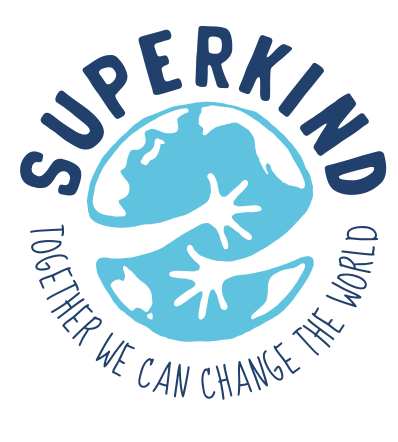Empowering the next generation: How to embed social action in your classroom
)
Social action is one the best ways to give the next generation agency – delivering a vast array of benefits for children taking part, and ultimately for society as a whole.
70% of UK children say they are worried about the world that they are inheriting. Children nationwide feel a lack of skills and agency. Many even feel that they don’t have the ‘right’ to take action.
Engaging children in social action has been shown to reduce anxiety levels by over 20%. Taking action can turn pessimism into empowerment. Further proven benefits include developing empathy, problem solving, resilience, leadership skills and even higher grades and lower truancy (CIPD and YouGov (2015) Learning to Work survey 2015).
What’s more, the benefits are long lasting: when children engage in meaningful social action before the age of 10, they are twice as likely to be regularly charitable as adults. These are the kind of people that we want our education system creating.
So how do we make sure this happens in our own schools?
There is a body of research dedicated to delivering impactful social action in young people that we can draw on – and SuperKind has been built around. Most relevantly, the #iwill foundation produced a six-point model for effective youth social action. We’ve covered each point below, as well as a real-life example of a SuperKind school:
1. Embedded
Social action should not be an isolated activity; it should be seamlessly integrated into the school curriculum and ethos.
Francis Holland School have woven the idea of ‘giving back’ into their school culture; they engage in environmental projects in Science, explore historical figures who made significant contributions to society in History, study literary works with themes of social justice in English, and more!
2. Youth-led
Meaningful social action should be led, owned, and shaped by young people themselves.
At Pembridge Hall School, students are empowered to choose the charity they’d like to support and the type of response. For example, after reflecting on ongoing crises in Israel/Palestine and Ukraine students decided to support a local refugee charity. Being an all-girls school, they also decided they had a particular interest supporting women and girl refugees. The girls settled on ‘Young Roots’ and chose to organise a Christmas Jumper Day as a fundraiser.
3. Challenging
Social action must offer an appropriate level of challenge, striking a balance between exciting ambition and achievability.
Notting Hill Prep School invited Year 6 students to choose a charity to fundraise for and challenged them to ‘Grow a Fiver’ to raise as much money as possible for the chosen charity. They put together business pitches, budgets, and promotional material and their ideas included games, second-hand sales, food stalls, and more!
4. Socially impactful
Meaningful social action should respond to genuine problems and have clear, intended social benefits. Whenever possible, students should have direct contact with the issues they're addressing.
Year 6 children at Hilden Grange Prep School were upset by the amount of plastic litter they saw every day. They started a lunchtime litter picking club, contacted the council who provided all the necessary equipment (grabbers, bags, gloves, etc), and put posters about plastic pollution around the school. Every lunchtime they pick up litter and count it up.
5. Progressive
Social action should be progressive, developing over time to instil a lifelong commitment to helping others. Children should embark on a journey from identifying citizenship values in early years foundation stage (EYFS) to actively putting those values into practice in Key Stage-4 and beyond.
For example, Surrey Square Primary School host yearly school-wide community projects. The project delivery always follows a structure of: Learn, Inspire, Understand, Strategise, Action, Evaluate. But children are given increased levels of autonomy as they progress through the school. For example, Year 1 students made posters about pollution guided by their teachers, whereas Year 6 students independently created an instructional video on how to make re-useable face masks.
6. Reflective
Meaningful social action requires reflection. Social action should be celebrated and rewarded, and students should be encouraged to critically evaluate their impact. Peer review sessions can help students learn from their experiences and inspire others to follow suit.
Surrey Square Primary School built in time to reflect on their projects, striving for “bigger, better each year!”. Parents were invited to a ‘community evening’ where children showcased their actions, and parents were invited to ask critical questions about the outcomes and learnings. The staff and students also evaluated whether the project was a success by asking questions around understanding of the issue and contribution to the action.
Meaningful social action has never been more important; it empowers students and fosters a lifelong commitment to social responsibility and creating positive change in the world. By embedding social action into the curriculum, empowering students to take the lead, setting appropriate challenges, addressing real problems, and encouraging reflection, we can ensure that social action in our schools is truly meaningful and impactful.
Tags
- 6
- action
- agency
- around
- benefits
- charity
- children
- classroom
- delivering
- embed
- empowering
- example
- generation
- invited
- litter
- next
- people
- projects
- school
- social
- society
- students
- taking
- year
- young



)
)
)
)
)
)
)
)
)
)
)
)
)
)
)
)
)
)
)
)
)
)
)
)
)
)
)
)
)
)
)
)
)
)
)
)
)
)
)
)
)
)
)
)
)
)
)
)
)
)
)
)
)
)
)
)
)
)
)
)
)
)
)
)
)
)
)
)
)